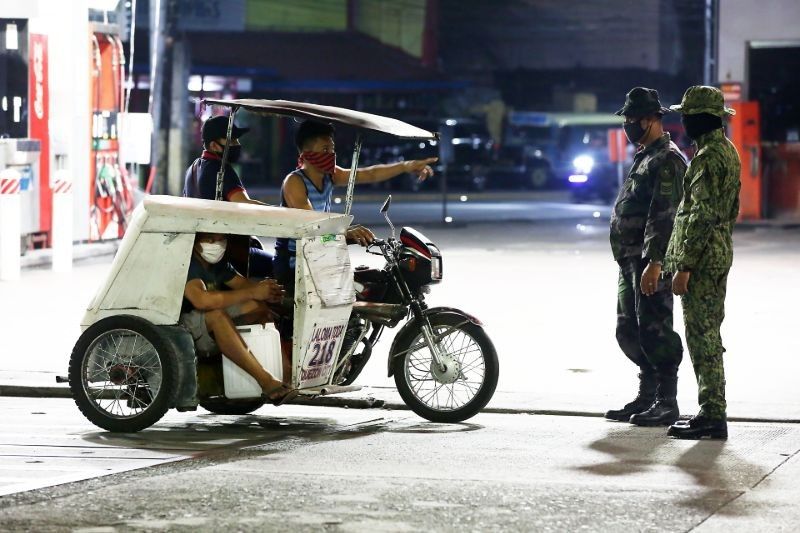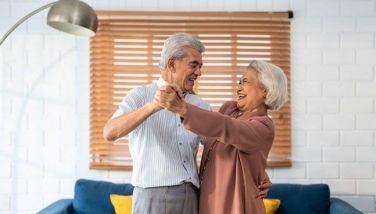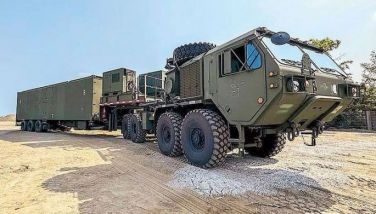Quarantine classifications will be implemented for a month — Palace

MANILA, Philippines — Quarantine classifications would now be implemented for a month to make it easier to impose localized lockdowns and to have more stability in the enforcement of pandemic containment measures, Malacañang said Tuesday.
Metro Manila, the provinces of Bulacan and Batangas, and the cities of Tacloban and Bacolod have been placed under the lenient general community quarantine (GCQ) while Iligan City has been placed on a partial lockdown or modified enhanced community quarantine (MECQ).
The rest of the country will be under the most lenient modified general community quarantine (MGCQ), according to the Inter-Agency Task Force for the Management of Emerging Infectious Diseases (IATF).
Unlike previous IATF decisions that were only enforced for two weeks, the new classifications will be in effect for one month, starting yesterday until Sept. 30.
"The IATF decided to implement it for one month so the different local governments would have stability," presidential spokesman Harry Roque said at a press briefing.
"It would be difficult if we change rules every two weeks. So we will do it every month. It will not only be stable, we can better localize the efforts being undertaken by LGUs (local government units), including the localized or granular lockdowns. There is more continuity if it's one month," he added.
Roque said the government decided to classify Iligan as an MECQ area because of limited health facilities.
"The number of cases in Iligan is not that high. The problem with Iligan is there is no hospital and they need to bring the patients to Cagayan de Oro. Its health utilization capacity is low," he added.
Relaxed measures
The national government and local government units (LGUs) also agreed to relax some of the restrictions in areas under GCQ as they continue to reopen the economy while preventing the further spread of the coronavirus.
Roque said most Metro Manila mayors have agreed to shorten curfew hours, which will now start at 10 p.m. and will end at 5 a.m. Mayors of the capital city previously imposed curfew from 8 p.m. to 5 a.m. Only the cities of Muntinlupa (10 p.m. to 4 a.m.) and Navotas (8 p.m. to 5 a.m.) will observe different curfew hours.
Metro Manila mayors also agreed to impose what they called "maximum public health standards" namely the wearing of both face shields and face masks in public transportation, commercial establishments and markets; physical distancing, and frequent hand washing.
The government has also eased the restrictions on religious gatherings, with churches now allowed to fill up 10% of its capacity. Previously, only ten persons could join religious services.
The IATF has also lifted the suspension on the operations of testing, tutorial and review centers; gyms, fitness centers, and sports facilities; dermatological clinics; establishments offering other personal care services; and pet grooming services; and drive-in cinemas in GCQ areas. However, the local governments in Metro Manila were given the authority to decide whether these establishments can reopen.
Local governments in Metro Manila were also given the authority to set specific guidelines for gyms, fitness centers, internet cafés and sports facilities. With regard to internet cafes, it will be up to local governments to decide whether they can resume operations. Metro Manila mayors have also asked the IATF to move the registration of voters to January 2021 or until the capital region is placed under MGCQ, whichever is earlier.
Roque said the IATF is also leaving it to local governments to determine whether they should issue quarantine passes for people who will leave their homes to work or buy essential goods.
The IATF has also adopted new parameters in determining quarantine classifications.
The health care utilization rate of dedicated beds and equipment for coronavirus bases will now be considered in determining whether an area will be upgraded to a stricter lockdown scenario.
The health care utilization rate; daily attack rate, two week growth rate and case doubling time; and number of barangays with new cases in the past 14 days will be considered in deciding whether to downgrade an area's risk classification.
Related video:
- Latest
- Trending




























